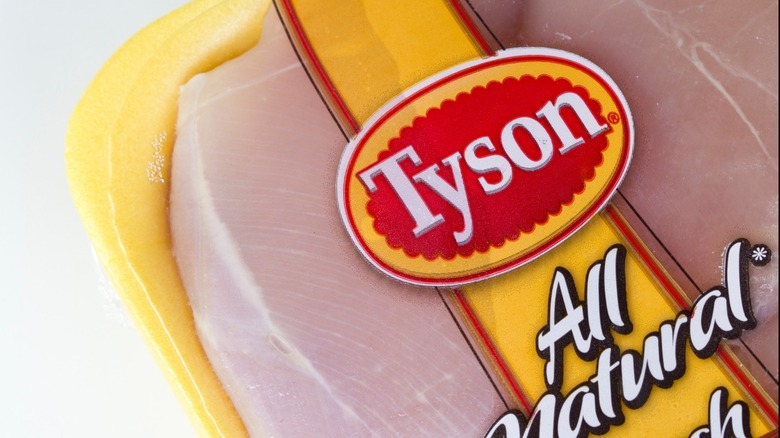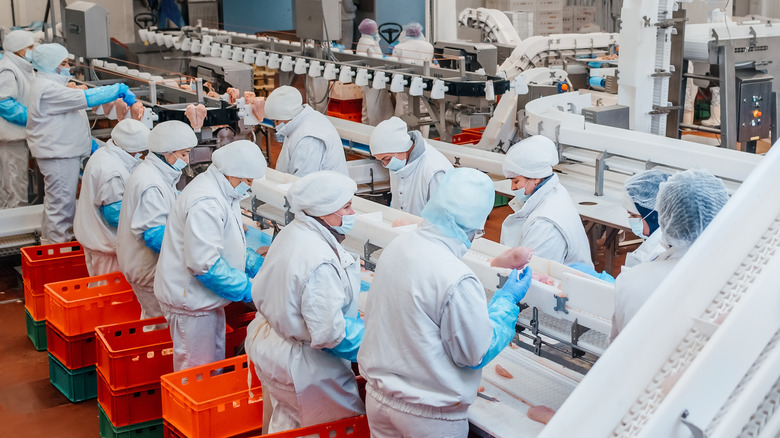Tyson Foods Is Blaming This For Rising Meat Prices
It's a very good day for Tyson Foods investors, according to Talk Business & Politics, which reported that the giant Springdale, Arkansas-based meat supplier and owner of the Jimmy Dean, Hillshire Farm, and Ball Park brands, delivered "better-than-expected earnings for its fiscal fourth-quarter," with earnings per share rising 11.7% over last year. CEO Donnie King attributes this to, among other things, Tyson's "continued strength in consumer demand for protein." So how has Tyson has managed to meet robust consumer demand for meat despite ongoing meat shortages and the significantly increased cost of doing business in a pandemic-driven economy – to the tune of $335 million in COVID-related costs during the last fiscal year? If you have been following along as we have been tracking how meat prices have been rising precipitously over the last 12+ months and particularly over the last several months to the great consternation of both consumers and the Federal government, then you probably already have a sense of where this is going.
In fact, Tyson has acknowledged that one reason the company has seen its earnings increase over this fiscal year is the fact that the company has raised consumer prices in an attempt to defray increases in various supply-side expenses (from cattle prices to the cost of delivering meat to retail outlets). Of course, we probably don't have to tell you that your grocery bills have been going up of late. But what's interesting is what Tyson Foods is blaming – specifically – for its rising meat prices.
Tyson took decisive action to address the labor shortage
"I can't think of a single thing that has either stayed the same or gone down," Tyson's CEO, King, said on a November 15 conference call with reporters, referring to its cost of doing business in 2021 (via Wall Street Journal). And it's not just pandemic-related challenges. For example, raising livestock has become more expensive because unfavorable weather conditions have made the grain that these animals consume less available and therefore more expensive. But the ongoing labor shortage has played a significant role, leaving processing plants understaffed. Of course, the labor shortage has been ubiquitous across all industries. Tyson, however, recognized the gravity of this situation months ago.
"Labor is our number one challenge," King acknowledged during an August 9 earnings call (via Quartz). Accordingly, King announced, at the time, that Tyson would be "accelerating efforts to make Tyson the most sought-after place to work." Today, Tyson Foods is blaming its rising meat prices on the efforts it has made on this front, which include increasing employee wages and adding new employee benefits such as a generous sick leave policy. To defray its increased cost of doing business, Tyson is passing its increased costs along to consumers in the form of higher prices on meats. "The inflation we incur needs to be passed on," acknowledged Tyson's CFO, Stewart Glendinning.

